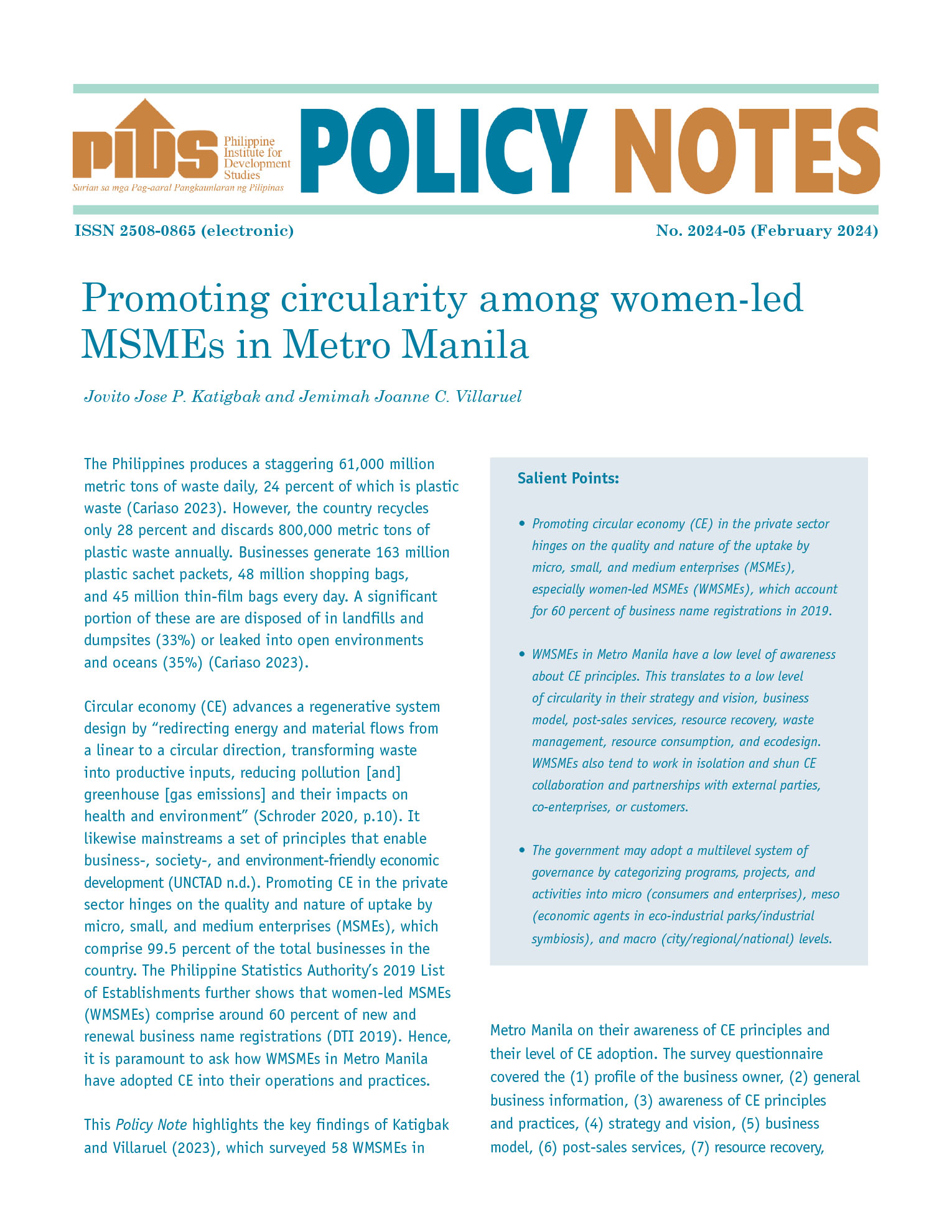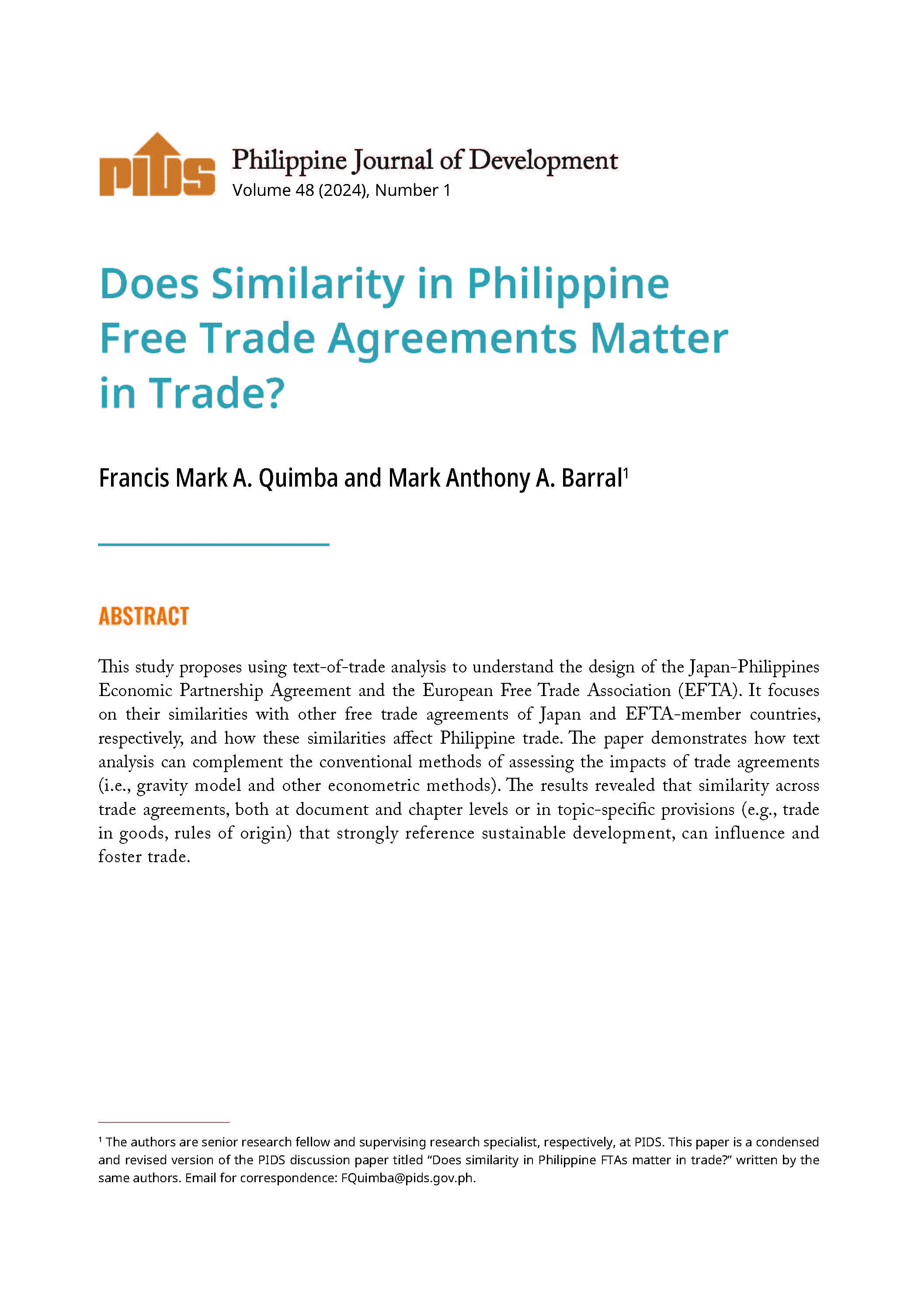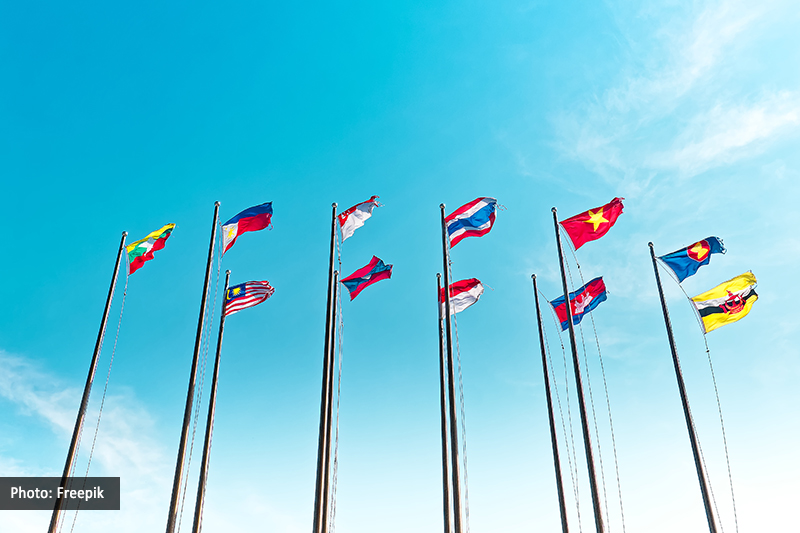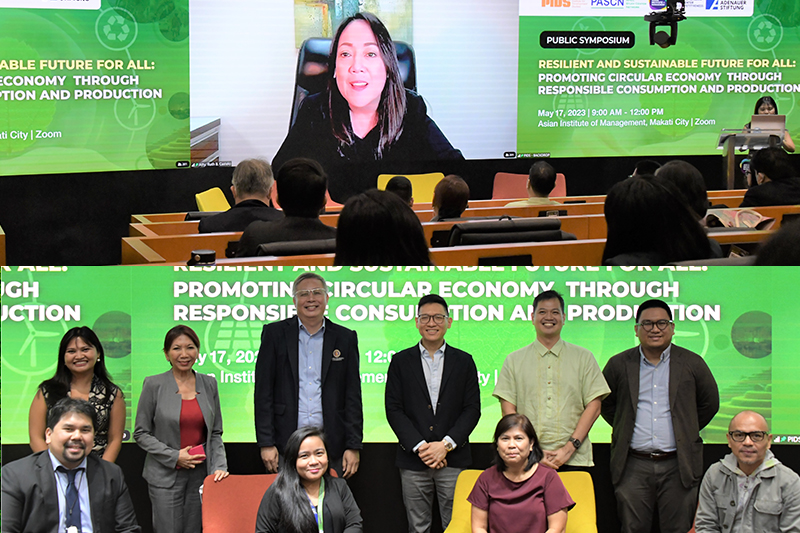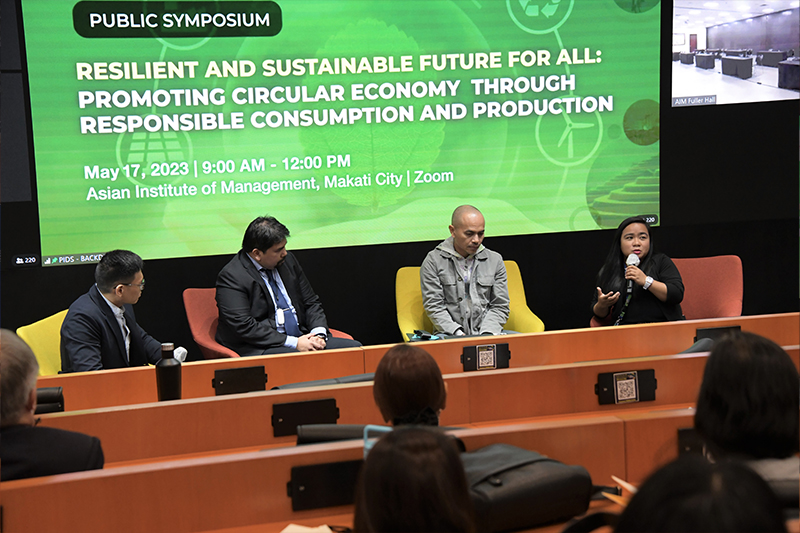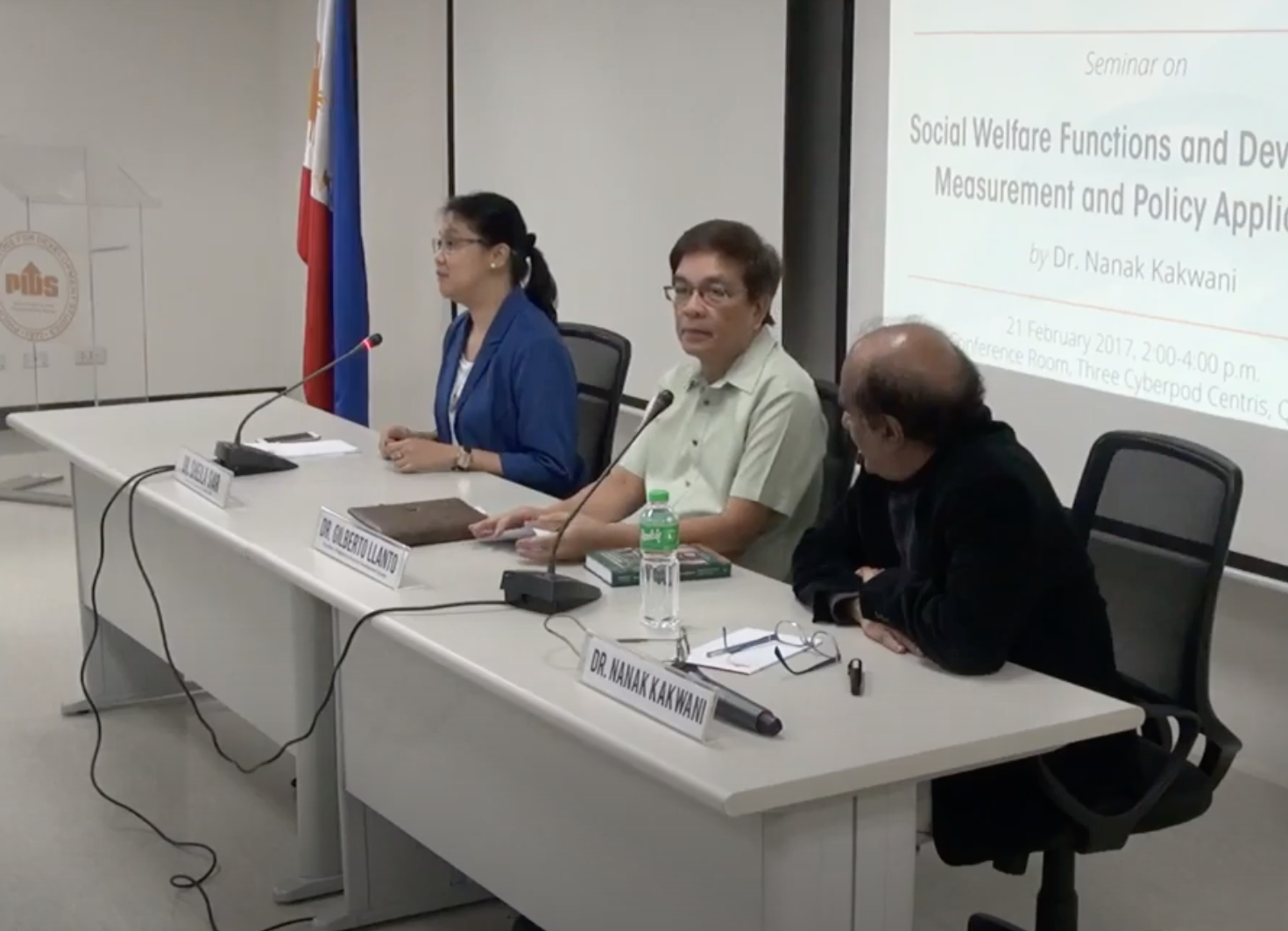A bill separating the regulatory and commercial functions of the Philippine Ports Authority will take top priority for its author, Bagong Henerasyon Partylist representative Bernadette Herrera-Dy.
House Bill No. 1400 aims to separate PPA’s functions by converting the agency into a Philippine Ports Corporation (Philports) and transferring its regulatory function to the Maritime Industry Authority (MARINA).
“Let me assure you, in this Congress, we will make sure that this will be tackled and discussed and I hope you will join us again in all the committee deliberations that we’ll have dahil napaka-importante po ng batas na ‘to (because this law is very important),” Herrera-Dy said in a speech at the 2022 Supply Chain Conference organized by the Supply Chain Management Association of the Philippines on September 22.
Herrera-Dy filed a similar bill in the previous (18th) Congress except the measure never got past the committee level. Lawmakers gave priority instead to bills that pushed government programs that would address COVID-19 recovery.
Discussions on the bill may start in November right after the congressional recess, she said.
The lawmaker also disclosed Transport Secretary Jaime Bautista had committed his support for the bill.
In recent Congressional hearings, Herrera-Dy urged the Governance Commission for GOCCs (government-owned and controlled corporations), Department of Finance, and National Economic and Development Authority to recommend to the President that HB 1400 be made a priority measure to help reduce transport costs. PPA is a GOCC and has fiscal autonomy.
Over the years, port users, domestic shippers, exporters and importers “have complained of low service levels, inefficient port operations and ever-increasing port charges from the PPA,” Herrera-Dy said.
She added “stakeholders have claimed year in and year out that the high costs of port charges and fees imposed by the PPA serve as a deterrent to local and foreign trade and undermine the country’s overall competitiveness.”
The lawmaker claimed PPA has “turned a blind eye to these complaints” because, by vesting the agency with both regulatory and revenue-generating mandates, the Philippine government ended up having an agency with a conflict of interest, “as PPA gets a 10% to 20% share from its cargo-handling revenue.”
The current mandate of PPA violates the principle of competitive neutrality, considering that the public ports that the agency develops and operates directly compete with private ports that it regulates, she said.
She stressed that “under no circumstances should a regulatory agency benefit from its own regulation or use its regulatory powers to protect itself from competition at the expense of public interest.”
Under HB 1400, Philports “will no longer be a revenue-generating entity but just a service provider” and “will merely collect the fees and dues approved by MARINA,” Herrera-Dy explained.
Philports will also no longer have a share in revenue from cargo-handling fees from private commercial ports.
Various industry stakeholders and business groups have for years recommended the separation of PPA’s functions, citing conflict of interest and saying exercising both functions “unnecessarily increases logistics costs.”
Also calling for such separation are the National Logistics Master Plan of the Department of Trade and Industry; private-sector led Philippine Multimodal Transport and Logistics Roadmap; and state-owned think tank Philippine Institute for Development Studies’ discussion paper titled “Regulatory Measures Affecting Services Trade and Investment: Distribution, Multimodal Transport, and Logistics Services” and policy notes titled “Regulatory Challenges of the Philippine Logistics Industry.”
In particular, stakeholders want Letter of Instructions 1005-A, signed in April 1980, amended by deleting Instruction Nos. 3 and 4, which grant PPA a share in cargo-handling revenues.
The Export Development Council earlier said Instruction Nos. 3 and 4 constitute a “conflict of interest” as the regulator “now benefits from its own regulation, and, hence, provides the regulator, herein Philippine Ports Authority (PPA), the incentive to increase the rate to improve its financial health.”
Under HB 1400, Philports will still be a GOCC attached to the Department of Transportation.
Philports will have a 15-member board of directors consisting of eight government agencies and seven private sector representatives from business, logistics, port users, exporters, tourism, shipping, and cargo-handling.
The proposed measure will repeal Presidential Decrees 505 (PPA Decree of 1978) and 857 (PPA Revised Charter), as well as LOI 1005-A and all other inconsistent laws and policies.
HB 1400 was referred on August 1 to the Lower House Committee on Government Enterprises and Privatization and secondarily to the Committee on Transportation.


